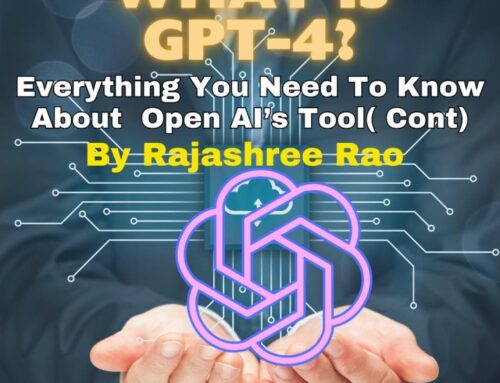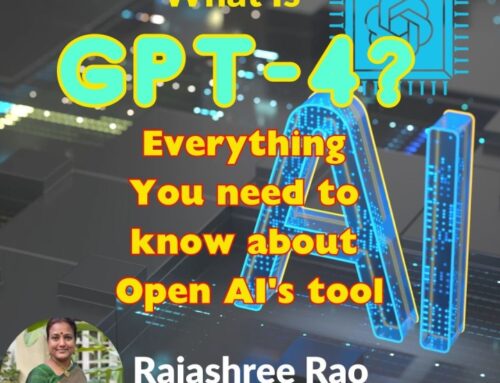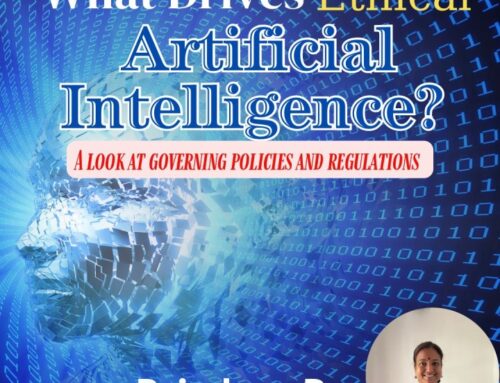Education as a Service (EaaS) will be the ‘New Normal’ as the world battles to fight the WW III – The Novel Coronavirus Pandemic. Sharing my vision and thought leadership about how the Education Sector would transform for a Tech Economy.
The massive proliferation of internet connectivity, affordable computers, and rich education content has created a global phenomenon in which information and communication technology (ICT) is being used to transform ‘Education.’ The past few decades, emerging technologies have disrupted the way organizations develop and implement new capabilities. The revolution began in the ‘Data Center,’ where cloud made it possible to deliver, “Software as a Service,” (SaaS) which is now being adopted in other areas of businesses. The “as a service” model replaces huge capital investments for hardware and software, where organizations previously needed to procure and maintain with capabilities provided on-demand over the networks.
The current educational paradigm sees students paying a large sum of fees for the courses they take several years to complete. Graduates loans make it difficult for mature students to continue their education. Return on Investment (ROI) concerning the tuition fees is a key consideration for the majority of the learners entering any programme, and the current model is not always providing value for money. I strongly believe that EaaS would facilitate students the opportunity to gain accreditation by choosing modules that are relevant to their career goals and only pay for what they subscribe or need. Based on my research, I foresee many educational institutions will make the transition merely selling their courses to providing educational content ‘on-demand’ shortly.
-
School as a Service (SaaS):
School as a Service is a cloud-based educational platform which provides 3D gaming, blended knowledge, social networking capabilities that could be adapted to any curriculum globally covering private and public schools, K-12, and Higher-Ed sectors. This concept was first made available in a French state school. NVIDIA has been working with other companies and have developed a customizable cloud-based educational platform which includes 3D video game for children to make learning a fun experience as its central pillar. This new approach brings together emerging technologies, modern learning methods, and 3D gaming aiming to make teaching and learning a pleasure to both the teachers and students.
-
Educational Institutes like the Googles or Microsoft of this world:
The educational institutes will become like the corporates and will be able to offer world-class state-of-the-art educational programmes, courses, training, certifications, vocational courses, and other extra-curricular activities with distinct education patterns.
-
Online and Offline learning model:
Education in the near future will become a homogenous approach. You can opt for taking up both online and offline learning models which have interactive and collaborative learning methodologies. The student can choose to either have individual sessions with their teachers or could do a group class which provides the freedom to the students and enables the teachers to have personal attention which is not possible in a mass classroom-based teaching.
-
Skill-based Learning Models:
The world of the education system is undergoing a significant transformation. With the novel coronavirus, it is happening faster than ever before. Today, organizations like IBM, Google, Microsoft, and other corporates are no longer looking to hire candidates with professional Education. They are looking to hiring candidates with niche or specialized skills that fit them well in that particular job. Academic qualification although will be looked into but is no longer a barrier in getting a foot in the door. This shift provides a massive opportunity to institutions which can become the Google or Microsoft of this world for ‘Educational Institution’ for providing skill-based learning through an interactive session with access to world-class faculties across the globe who are the “God” of the “Global Subject Matter Expertise,” of that particular subject. Access to quality and low-cost Education is possible through this methodology.
-
Outsourced model for Extra-curricular activities:
The online-learning model has provided access to the best of instructors and trainers from across the globe. Be it Yoga, Art/Craft, Drawing, Meditation, Music or any other courses which a student wants to choose can sign-up directly with the outsourced centres which can make this service available at a click away or at your door-step too with personalized and exclusive attention to the students who have signed for the courses. This model is not only emphasizing on the sole focus on an individual’s goals and progress but also enables more job opportunities for teachers and professional coaches/instructors, who are keen and serious about their profession too.
-
Educational/Industry Visits:
In the normal course of learning one of the activities of gaining real-time knowledge or practical experience was through the Industry visits across the globe. So also are the exchange programmes. How does the Industry adapt itself if the Education will be available as the ‘EaaS,’ model? The answer is quite simple; every service will be outsourced, and there is a Google-like private ‘Education Institutions’ who will be offering such services at their centralized state-of-art innovation labs or hubs. The choice of choosing what visit a student wants to take on will lie with the students and no longer with the institutions. The same thing applies to exchange programmes too. The students are free to apply whichever program they want to be part of and where they did like to go for further upskilling themselves, which is entirely based on their goals and career ambition.
-
Spiritual and Vedic Education:
The past two decades, our education system, especially in the developing nations, has been stereotyped. We have been rote learning and following the standard curriculum which has been mandated by each country’s educational regulatory authorities. However, today, in an evolving world where the next Generations Z and Alpha will be required to flying their life at a ‘Jet Speed Engine,’ the education system of the past will be invalid. Therefore to be relevant to present and the future world, the students are free to graduate and specialize in the subjects of their interest and choice. The education system will be no more binding to a curriculum. The freedom to choose and study the subjects of your choice will be the future. Unlike during my times, I was told what is good for me and pushed to picking up courses that would fit my life. But, being a rebel, I chose to select the subjects of my passion and growth. I visualize the beautiful world that is waiting with its arms open for us to embrace and transform through this exciting transformational journey in the world of the educational institutions globally.
To summarize, in my opinion, “Education as a Service,” is new, but the experts in the learning domain have been familiar with the concept for decades. Core skill development and discrete capability building will be deployed either as an existing corporate model of training which could be deployed as a standalone programme. Right to Education and accessibility to learning anything you wish to will be the focus and obviously at the affordable fee structure and most importantly, in a hybrid learning environment.



